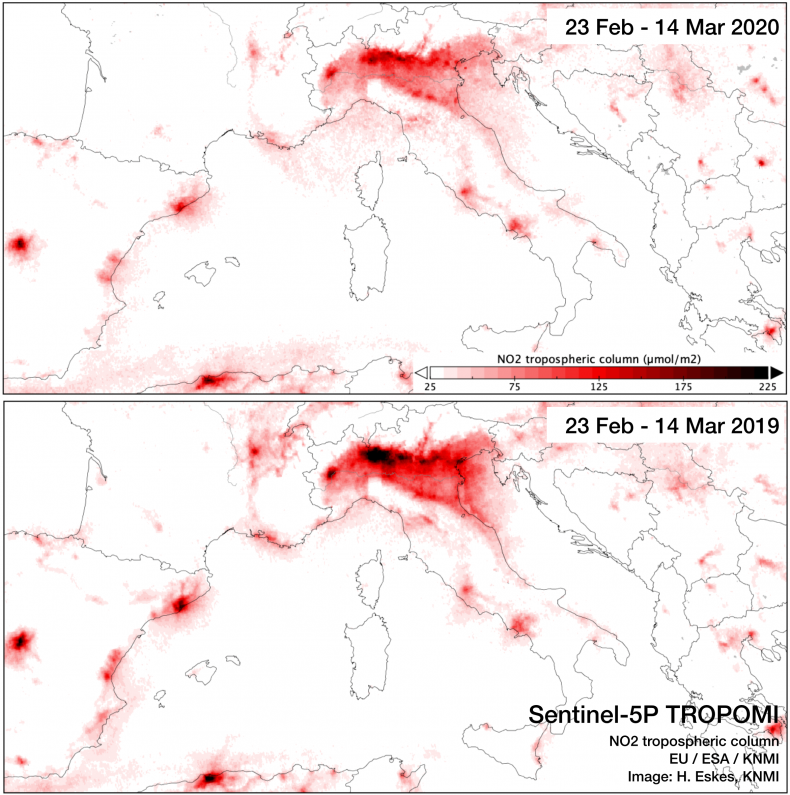A 25-acre site on Milwaukee’s North Side may soon be home to a brand new renewable energy plant.
A Milwaukee-based company, Alliance Federated Energy, is in charge of the $225 million project, dubbed “Project Apollo.” The proposed plant will vaporize waste and convert it into electricity using innovative gasification technology.
AFE spokesman Joshua Morby said the company is excited about the opportunity to develop America’s first large-scale plasma gasification plant in the city its company calls home.
The 25-megawatt facility will make use of technology developed by Westinghouse Plasma Corp. as the means of converting the waste via plasma gasification.
According to AFE’s Web site, plasma gasification is a process in which waste is superheated by a gasifier vessel. The vessel is internally heated by plasma torches that operate at intense levels of heat to vaporize the waste. The end result is a clean synthetic gas, “syngas,” which can then be used as an energy source.
According to Morby, although plasma gasification has been used in the past, there is currently no large-scale facility in the country that uses it. Yet, there is a test facility in Madison, Penn., with future planned locations in Minnesota and the East Coast. Globally, India and Japan are already home to large-scale operations that use plasma gasification.
Director of the Wisconsin Bioenergy Initiative Troy Runge said plasma gasification allows for increased flexibility because it can gasify several kinds of waste and convert it to usable energy, making it a viable option to landfills and incineration. Runge said the main difference between gasification and incineration is that incineration is burning waste without retrieving usable amounts of energy.
The first phase of the project, expected to begin in 2013, will process 1,200 tons of industrial and municipal waste per day using two plasma units, Morby said. The plant will produce enough energy to power an estimated 20,000 households, according to the AFE Web site.
A second phase of the project will introduce an additional two units, although no definite timeline is prepared, Morby said.
The company is in discussions at the state and federal level to fund the project through loans or grants, which are available through the stimulus package. The final funding will most likely be a mix of private and institutional means, Morby said.
Minnesota-based Corval Group will handle the facility’s design and construction, according to Michael Ahern, Corval Group’s president of construction.
Ahern said the project’s development is in a very early stage, and construction, depending on factors like funding and location, could take 12 to 18 months.


